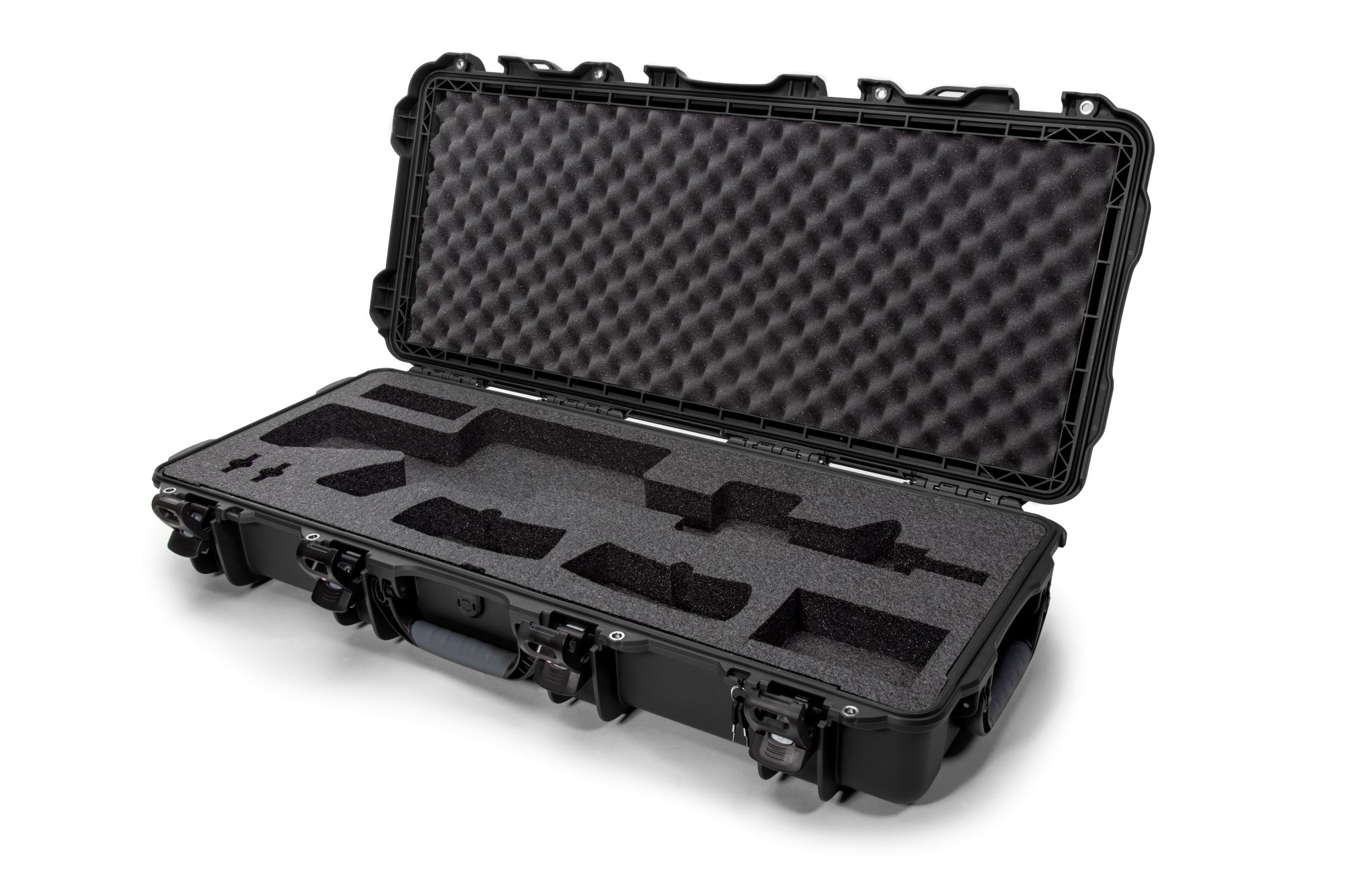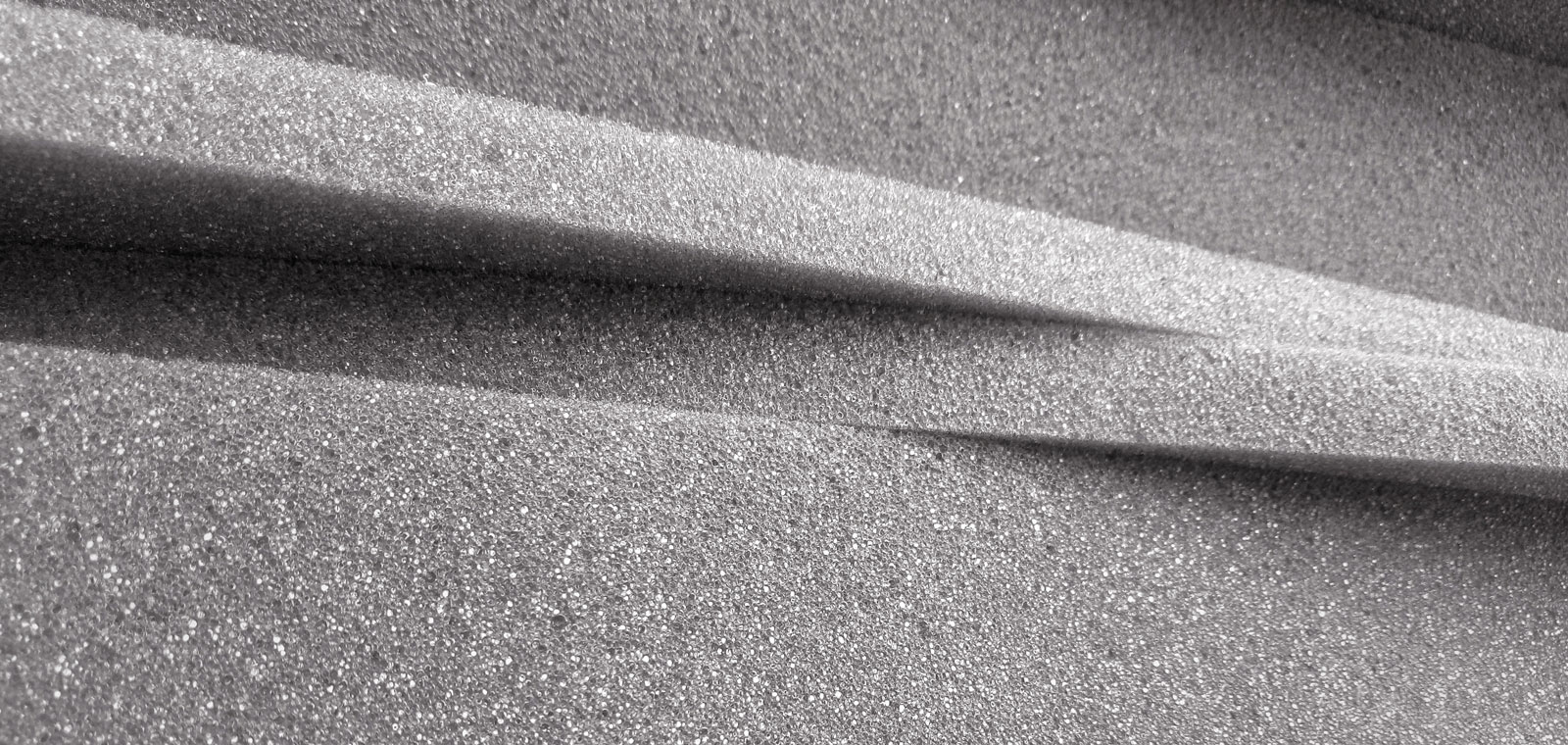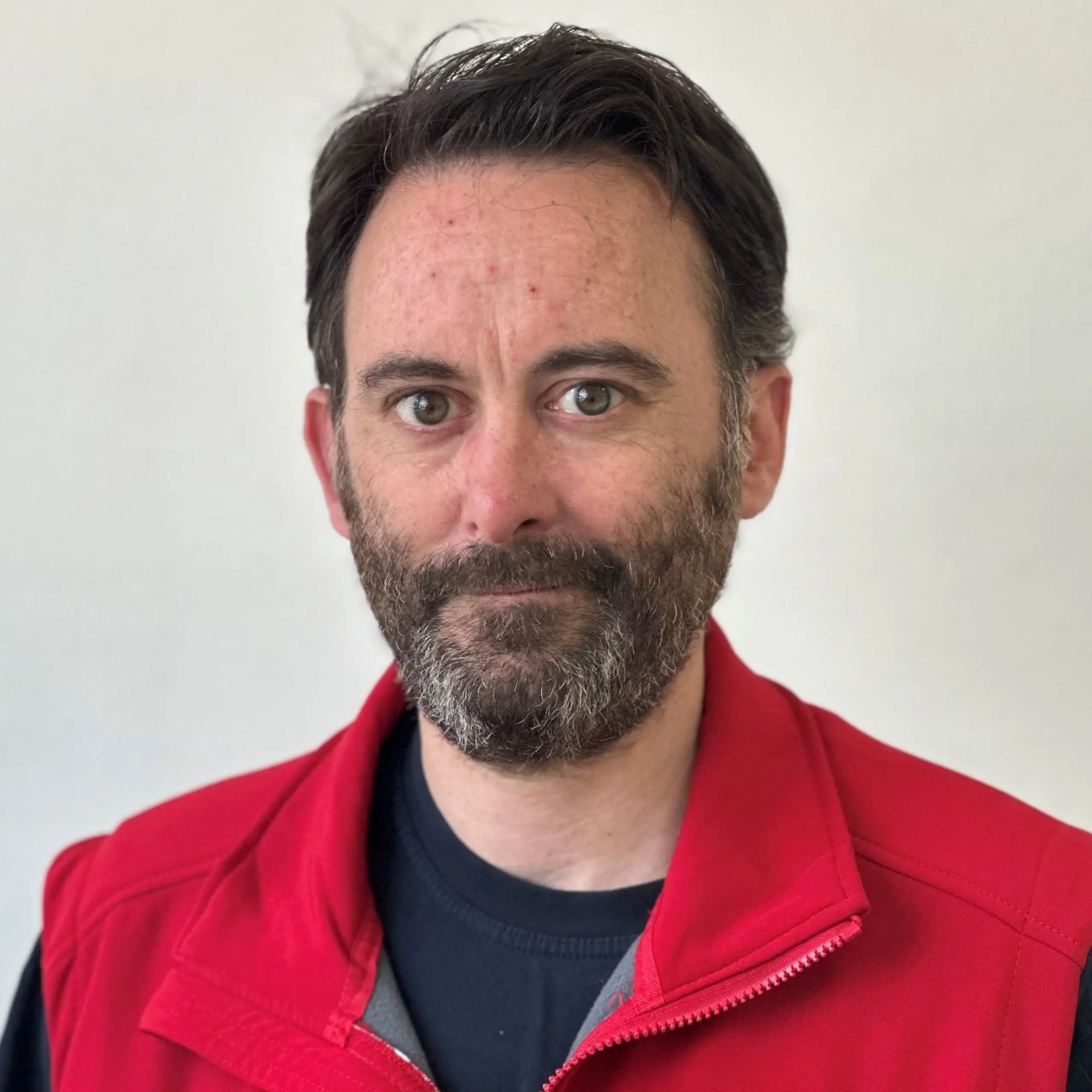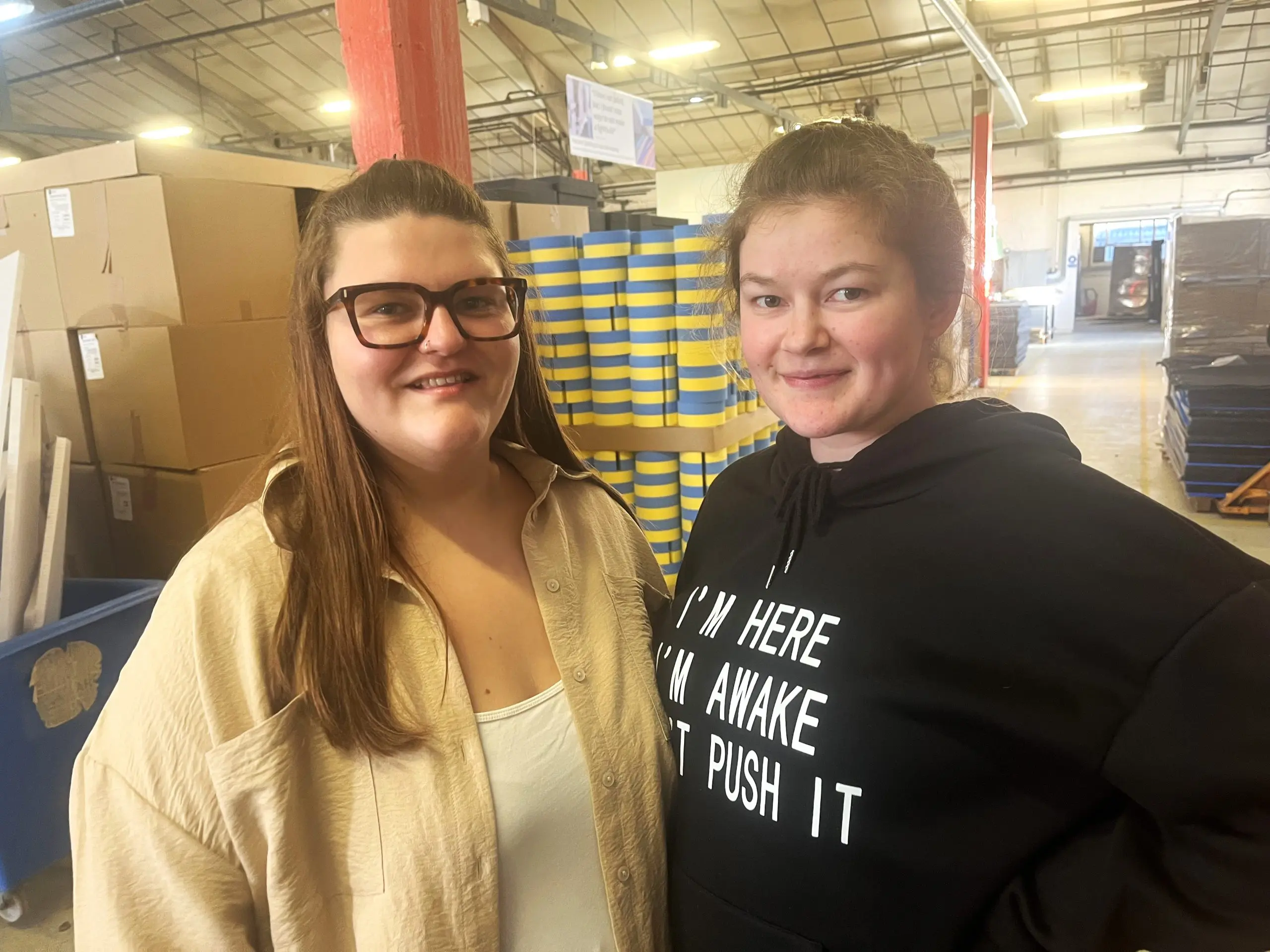
18th March 2025
Kewell Converters and the defence sector: Developing custom military foam solutions
Read more >

As we wrap up another year at Kewell Converters, we wanted to reflect on some of the key trends, challenges, and opportunities that have shaped the year and to share thoughts from our MD Nick Kewell on what lies ahead in 2025. Kewell Converters, a family-run foam fabrication business based in Kent, continues to evolve in an ever-changing world. We’ve seen significant shifts within our industry, and it’s clear that to stay competitive and meet the needs of our customers, we need to be progressive, adaptive, and forward-thinking.
One of the primary challenges we’ve encountered this year has been truly understanding the long-term impact of inflation. While prices are now stabilising, the ripple effects of increased costs in materials, labour, and energy are still being felt across the supply chain. It’s forcing businesses—ours included—to rethink how we operate and where we source our materials.
The political environment has also been a concern, with shifting global trade policies and growing protectionism influencing supply chains. Nick advises:
“It’s clear that reshoring, accelerated by the pandemic and Brexit, is a trend that will continue and we as a business have been lucky enough to benefit from. Companies are reassessing their supply networks and manufacturing strategies, and at Kewell Converters, we’ve had to remain nimble to ensure that we’re sourcing efficiently and keeping our production lines running smoothly. This has also involved restructuring the entire business.”
Moreover, there’s a growing demand for customisation across every sector. Whether it’s healthcare, defence, aviation, or packaging, customers now expect more tailored, personalised foam products. For us, this means expanding our capabilities to deliver innovative solutions quickly while maintaining the highest quality standards.
On the bright side, 2024 has been a year of new opportunities. Nick adds:
“I’m particularly excited about the role that technology is playing in transforming our industry. AI and machine learning, though still in the infancy stages in our sector, hold enormous potential for driving efficiencies. These technologies will soon allow us to better optimise production processes, reduce waste, and improve the overall quality of our products. While larger global businesses may have already adopted these technologies, I believe that small and medium-sized businesses like ours will soon see the benefits as these tools become more accessible.”
We’ve also seen emerging sectors and customer segments that are providing new avenues for growth. In the aviation industry, for example, the demand for specialised foams for cabin interiors is growing rapidly. Likewise, the rise of electric vehicles (EVs) is creating opportunities for innovative foam insulation materials, particularly for battery protection.
The medical and healthcare sectors continue to be a strong focus for us, especially as foams play a critical role in patient cushioning, surgical applications, and prosthetics. With increasingly stringent regulatory requirements, it’s vital that we continue to offer foams that meet these high standards.
In packaging, there’s been a shift toward more sustainable, eco-friendly solutions. As e-commerce continues to boom, demand for foam-based packaging materials that protect fragile items is also on the rise. We’re investing in solutions that not only improve protection but also reduce environmental impact.
Kewell Converters has made significant strides in upgrading our manufacturing capabilities and this is something we’ve always committed to as a business. We’ve introduced new moulding processes and cutting-edge machinery to enhance productivity and ensure that we can meet the growing demand for high-performance foams. These investments allow us to be more efficient, reduce waste, and improve both speed and product quality.
We’ve embraced sustainability as a key part of our strategy. We’re committed to offering greener solutions by repurposing materials and exploring recycled foam options. Through partnerships with organisations like the Sheltersuit Foundation, we’re able to donate waste foam for charitable causes, while also working to reduce our carbon footprint by investing in solar energy and energy-efficient technologies.
Sustainability continues to be a priority, not just in terms of materials but also in our processes. We’re constantly exploring ways to reduce waste, improve energy efficiency, and repurpose foam scrap. We’ve installed 200 solar panels on our production facility, which now generates 20% of our electricity. Alongside that, we’ve adopted a range of energy-saving technologies, from voltage optimization equipment to intelligent air-conditioning systems, ensuring that our operations are as green as possible. Nick comments:
“While there’s still a long way to go, I’ve witnessed a growing interest from our customers in sustainable alternatives to traditional foams. The challenge, of course, is that these alternatives often come with higher costs and technical limitations and the engineer in me wants to be a problem solver, to look at a better way to design and manufacture the product. That said, I believe that with continued investment in R&D and better collaboration across industries, we can find the right balance between performance, cost, and environmental impact.”
As we look to the future, 2025 will undoubtedly present new challenges and opportunities. The continued evolution of AI and automation will be central to how we operate and deliver products. Nick comments:
“Automation, in particular, is poised to enhance precision and efficiency, and we’re keen to learn how we can integrate more robotics and machine learning into our processes (although this may be more by 2030!). “
We also recognise that the need for personalised, high-performance foam products will continue to rise across industries like aerospace, healthcare, defence, and packaging. Our focus on the year ahead will be on expanding our foam conversion capabilities to meet these evolving demands, investing in new processes, and continuing to push the boundaries of what’s possible in foam fabrication.
Finally, at Kewell Converters, we’re driven by more than just profitability. We’re deeply committed to improving people’s lives through the work we do. Whether it’s developing cushioning for patients, creating insulation for life-saving medical devices, or supporting the defence sector, our entire team is motivated by the real-world impact of our products. It’s what makes every challenge worth facing. And this is what drives me every day.
As we move into 2025, we can promise we’ll continue to invest in our people, our technology, and our processes to stay at the forefront of foam fabrication. The future is bright, and we’re excited to continue innovating, evolving, and contributing to industries that are making a positive difference in the world.
Read more on the Kewell Converters blog including an interview with Neil Johnston our general manger and Geoff Daniels, our quality assurance expert and learn more about our machine capabilities CNC Routing and water-jet cutting.

18th March 2025
Read more >

17th March 2025
Read more >

6th March 2025
Read more >